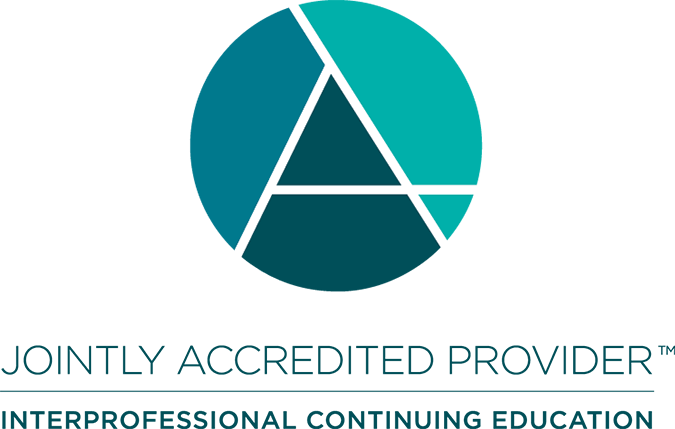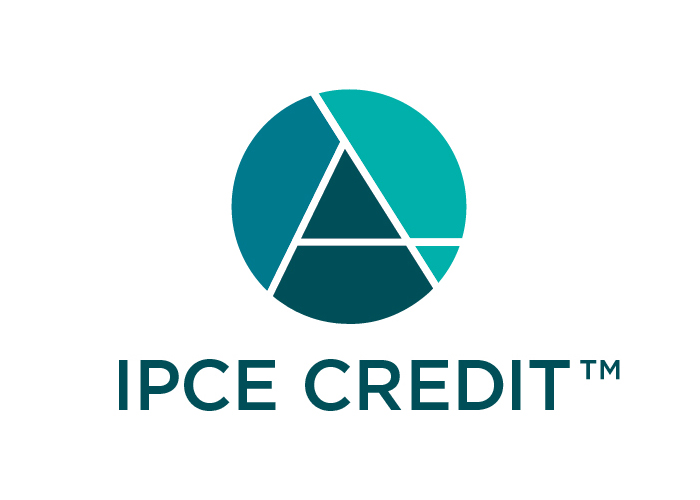FDA Grand Rounds: Nanotechnology: Over a Decade of Progress and Innovation at FDA
August 13, 2020
Virtual
The FDA Grand Rounds is webcast every other month to highlight cutting-edge research underway across the agency and its impact on protecting and advancing public health. Each session features an FDA scientist presenting on a key public health challenge and how FDA is applying science to its regulatory activities.
Nanotechnology is the control of matter at the nanoscale, where unique phenomena and unusual properties enable novel applications. Nanomaterials are incorporated in many FDA regulated products, utilizing the unique advantages they offer, such as increased sensitivity of detection of biomarkers for early disease detection and diagnosis, generation of safer drug formulations and novel medical devices. Anticipating an increase in submissions to FDA of products that involve the application of nanotechnology, the then acting commissioner launched the Nanotechnology Task Force (NTF) in 2006. The mission of the NTF is to assess the state of science, provide recommendations to improve the FDA's scientific knowledge of nanotechnology and to address the regulatory challenges with products that use nanotechnology. Since then, the FDA has set up laboratory infrastructure, conducted regulatory science research, provided training to reviewers and scientific staff, issued draft and final guidance documents to support innovative development of beneficial nanotechnology products, and collaborated with other agencies and stake holders to promote responsible development of nanotechnology to advance public health. The immense amount of research from dedicated grant funding in nanotechnology through the National Nanotechnology Initiative over the past two decades has resulted in greater understanding of nanotechnology and nanomaterial. It contributed to our understanding of nanomaterial critical quality attributes that contribute to the safety, biocompatibility and efficacy. As anticipated, these advances have resulted in a gradual increase of submission of products containing nanotechnology to FDA, over 600 drug products to date, many approved for clinical use. The FDA continues to monitor the scientific and technological advancements and the convergence of emerging technologies with nanotechnology to prepare its work force in responding to submissions through regulatory review.
This seminar is aimed at presenting the Nanotechnology Task Force report on the progress FDA made in nanotechnology since 2007. It will include the basics of nanotechnology, highlight the facilities, regulatory science research, guidance documents, standards, domestic and international collaborations, and emerging challenges in regulatory science.
- Carsten Weiss, Marie Carriere, Laura Fusco, Ilaria Capua, Jose Angel Regla-Nava, Matteo Pasquali, James A. Scott, Flavia Vitale, Mehmet Altay Unal, Cecilia Mattevi, Davide Bedognetti, Arben Merkoçi, Ennio Tasciotti, Açelya Yilmazer, Yury Gogotsi, Francesco Stellacci, and Lucia Gemma Delogu ACS Nano 2020 14 (6), 6383-6406 DOI: 10.1021/acsnano.0c0369
- Kostarelos, K. Nanoscale nights of COVID-19. Nat. Nanotechnol. 15, 343–344 (2020). https://doi.org/10.1038/s41565-020-0687-4
- Discuss the research conducted at the FDA
- Explain how FDA science impacts public health
- Describe how nanomaterials are incorporated into FDA products
- Describe the advantages of using nanomaterials
- Describe how nanotechnologies can be used to advance public health during emerging threats
This activity is intended for physicians, pharmacists, nurses, and other scientists within the agency and external scientific communities.
Lecture 1 August 13, 2020
| Time | Topic | Speaker |
|---|---|---|
| 12:00 - 1:00 PM EDT | Nanotechnology: Over a Decade of Progress and Innovation at FDA | Anil K. Patri, PhD |


Physicians, pharmacists, nurses, and those claiming non-physician CME: participants must attest to their attendance and complete the final activity evaluation via the CE Portal (ceportal.fda.gov). For multi-day activities, participants must attest to their attendance and complete the faculty evaluation each day. Final activity evaluations must be completed within two weeks after the activity - no exceptions.
Attention Pharmacists and Pharmacy Techs: Failure to provide your correct NABP AND Date of Birth information, in the required format, may result in the loss of credit for this activity. NABP profile number should be the 6-7 digit profile number assigned by the CPE Monitor and your birth date should be in the MMDD format (e.g. 0721) Do not provide your pharmacy license number. Please click the "My Account" tab and then navigate to "Edit Contact Information" to verify that your information is correct.
Attendees have 14 days from the last day of the activity to log in, complete the required evaluation(s) and attest to your attendance to claim credit.Physicians and nurses may then view/print statement of credit. Pharmacists should log into the CPE monitor 8 weeks after the last session of the activity to obtain their CE credit.
Faculty
- Patri, Anil K., PhD, Director, Nanocore, National Center for Toxicological Research - nothing to disclose
Planning Committee
- Dinatale, Miriam, DO, Team Leader, Food and Drug Administration - nothing to disclose
- Pfundt, Tiffany, PharmD, Program Coordinator, FDA/CDER/OTBB - nothing to disclose
- Thomas, Devin, LCDR, MPH, CHES, Health Promotions Specialist, FDA/OC/OCS/OSPD - nothing to disclose
- Wheelock, Leslie, RN, MS, Director, OSPD, FDA, OC, OCS, OSPD - nothing to disclose
CE Consultation and Accreditation Team
- Bryant, Traci, M.A.T., CE Consultant, FDA/CDER/OEP/DLOD - nothing to disclose
- Zawalick, Karen, CE Team Leader, FDA/CDER/OEP/DLOD - nothing to disclose
Registration is complimentary; therefore refunds are not applicable.
 An official website of the United States government
An official website of the United States government 
 U.S. Food and Drug Administration
U.S. Food and Drug Administration